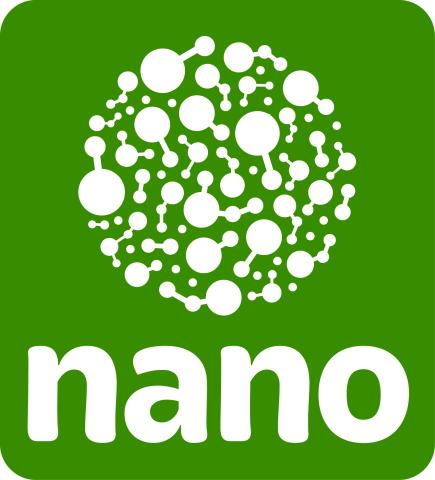Workshop dates
September 5-6, 2012 Science Museum of Minnesota, St. Paul, MN
September 11-12, 2012 Lawrence Hall of Science, Berkeley, CA
September 19-20, 2012 Children's Museum of Houston, Houston, TX
October 3-4, 2012 Oregon Museum of Science and Industry, Portland, OR
What was the workshop about?
The workshop focused on preparing museum educators to engage the public in conversations about the relationship between nanotechnology and society. Workshop participants learned new hands-on activities, full-length programs, and ideas for facilitating visitor experiences in the Nano mini-exhibition. The workshop provided specific training and skill-building in nano and society content, conversation facilitation, and improving and learning from professional practice (Team Based Inquiry). The skills developed in the workshop are readily applied to floor facilitation of other topics, as well. Upon completion, all participants received activity kits, take-home training resources, and post-workshop follow up opportunities.
The workshop was developed and presented as a collaboration between the Nanoscale Informal Science Education Network (NISE Net) and the Center for Nanotechnology and Society at Arizona State University (CNS-ASU).
Workshop goals
Overarching goal: To empower staff and visitors to reflect on the relevance of nanotechnology in their lives.
As a result of participating in the workshop and follow-up activities (including implementing workshop resources with other staff and visitors), professionals will:
1. Understand and appreciate key concepts related to the relationship of nanotechnology and society, including the following three learning objectives:
- Values shape how technologies are developed and adopted.
- Technologies affect social relationships.
- Technologies are part of larger systems.
2. Understand methods and practices for engaging public audiences in nanotechnology and society, including:
- Conversational techniques for facilitating interactions with visitors.
- Team-based inquiry approaches to improving and learning from professional practice.
3. Utilize professional resources and educational products for engaging public audiences in nanotechnology and society, including the following materials:
- Take-home staff training materials developed for the workshop, including content overviews, team-based inquiry tools, and improv exercises.
- Educational products developed for the workshop, including programs, activities, and exhibit facilitation resources.
4. In addition to finding the workshop concepts, methods, practices, and resources valuable to their nano-related work, professionals will recognize their potential utility for other areas of their work.
Resources
Workshop participants recieved a kit of materials to help them train staff and engage the public. Kits included,
Educational products
- Nano & Society—Flying Cars
- Nano & Society—Invisibility Cloak
- Nano & Society—Space Elevator
- Nano & Society—Tippy Table
- Nano & Society—You Decide!
- Nano Around the World card game
- Nano Exhibit Worksheet (for visiting school groups)
- Robots & People program
Training Resources
- Sample training agendas
- Training presentation slides
- Nano Around the World card game
- Big Ideas guide
- Tips for Visitor Conversations
- Conversation Goals
- Training video guides
- Team-Based Inquiry materials
Nano 101
- Nano 101 presentation slides
- Nanotechnology: What’s the Big Deal? video
- Engaging the Public in Nano (guide to key concepts)
Improv exercises
Training Videos
- Three Big Ideas video
- Tomato Picker video
- Cell Phone Rules video
- Light Switch video
- Speed Bump video
- Decisions in Innovation Systems video
- Decisions in Personal Lives video




